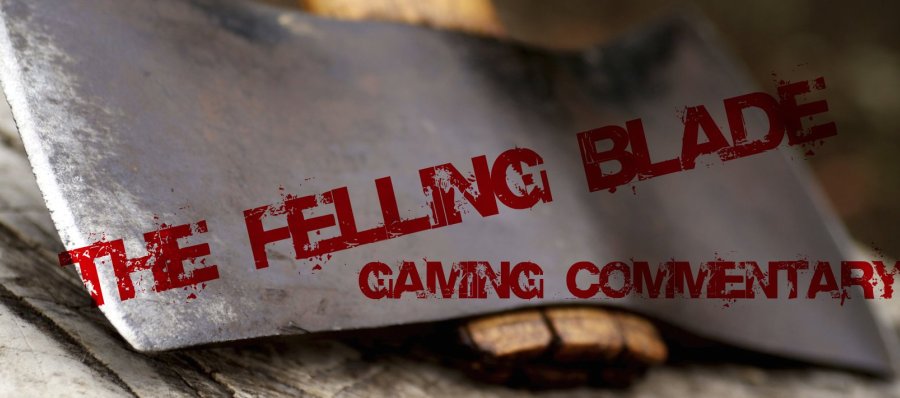Much of this has kicked off with a post by Monte Cook, discussing how, in his mind it is better to give the GM the power to adjudicate within a broad context is the ideal. A friend of mine from college has frequently been on a kick of giving the GM more flexibility to adjudicate within the system, that the GM should have the ability to decide how things end.
Me? Not so much. I want a tighter, more robust rules set. Perhaps this makes me an immature gamer; so be it. I prefer to think about it as "What do I want to spend my time at the table doing - think what the most fair resolution is, while trying to maintain what I did last time and why OR doing what I actually enjoy.
And I can understand the preference for a rulings-based system. It moves a lot of the effort from the system designers to the GMs, where it can be tailored to the table that they are sitting at. Unfortunately, with what I have seen in my workplaces, depending on a strong project manager works wonderfully until that project manager goes away, and then there's nothing. Or what happens if the project manager has a bad day?
So why my preference for rules over rulings? Rules give everyone the same explicit understanding for how something is supposed to work. No, not everything can be codified into a rules set, but there should be some three major items that a system should try to codify:
- How does a conflict start?
- How does a conflict resolve?
- How do we know when a conflict ends?
All rules/rulings should be to answer those three questions. My preference is just to have more done on the front end and not the back end. Why?
Because I'm mortal. I have my good days and my bad days. Because I can be very good at thinking on my feet and tying someone up in verbal knots.
But I don't want it to be my social abilities to whine, persuade, and convince the GM whether my character succeeds, I want my character's skills to be put to the test. I've quoted it before and I'll quote it again, "You can let the dice decide or let the GM decided, this goes for any type of resolution from social mechanics to hitting with a sword to finding a trap." And I just prefer to let the dice decide how the resolution of conflict goes.
Admittedly, that doesn't actually STOP anything from being dependent on the rulings or rules; because you could still have dice based resolution. The only question is where do you want the determinations to be made, on the front end, and codified within the text the rules, or left to the back end for each table to decide?
Frankly, I like knowing what I'm supposed to be doing before I get to the point where I need to make a decision.
